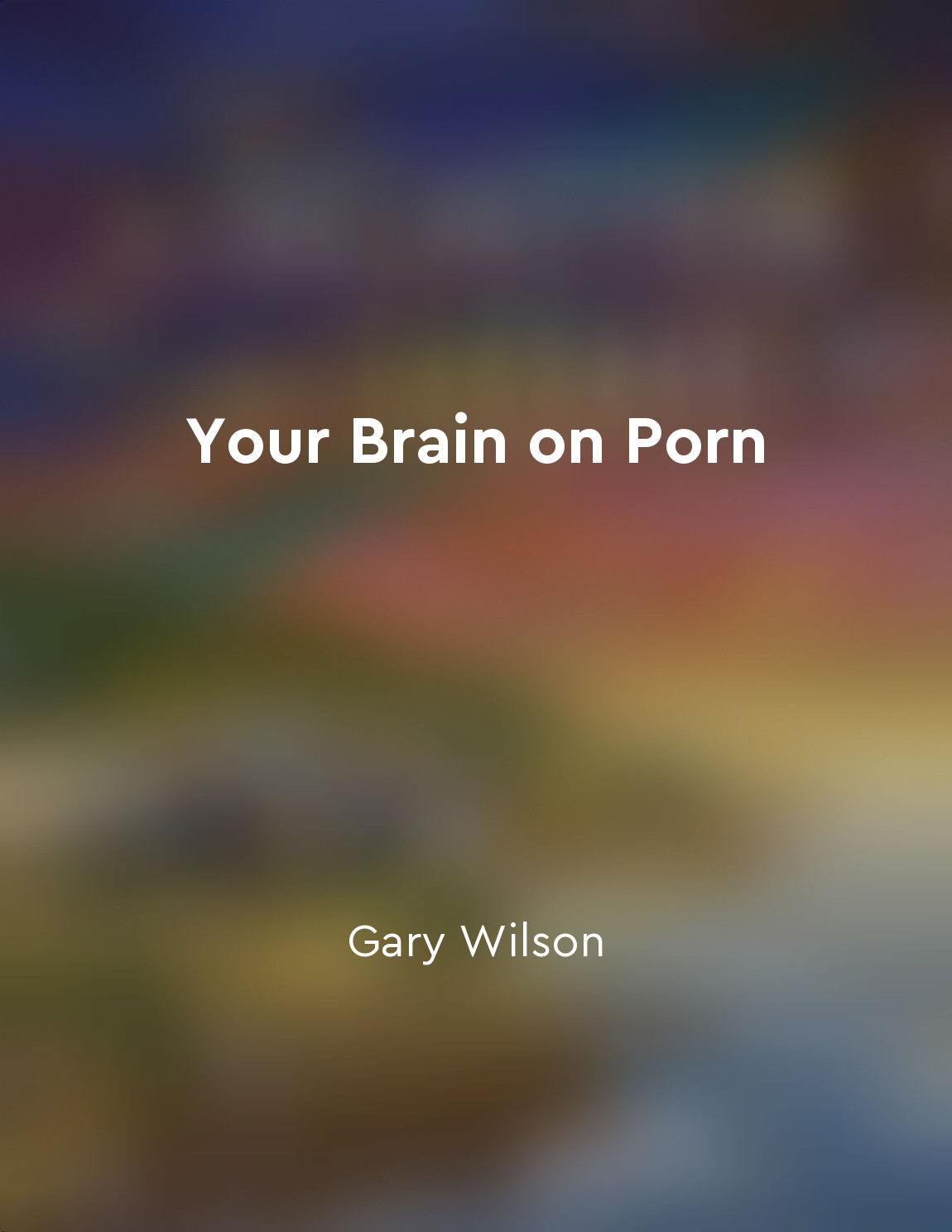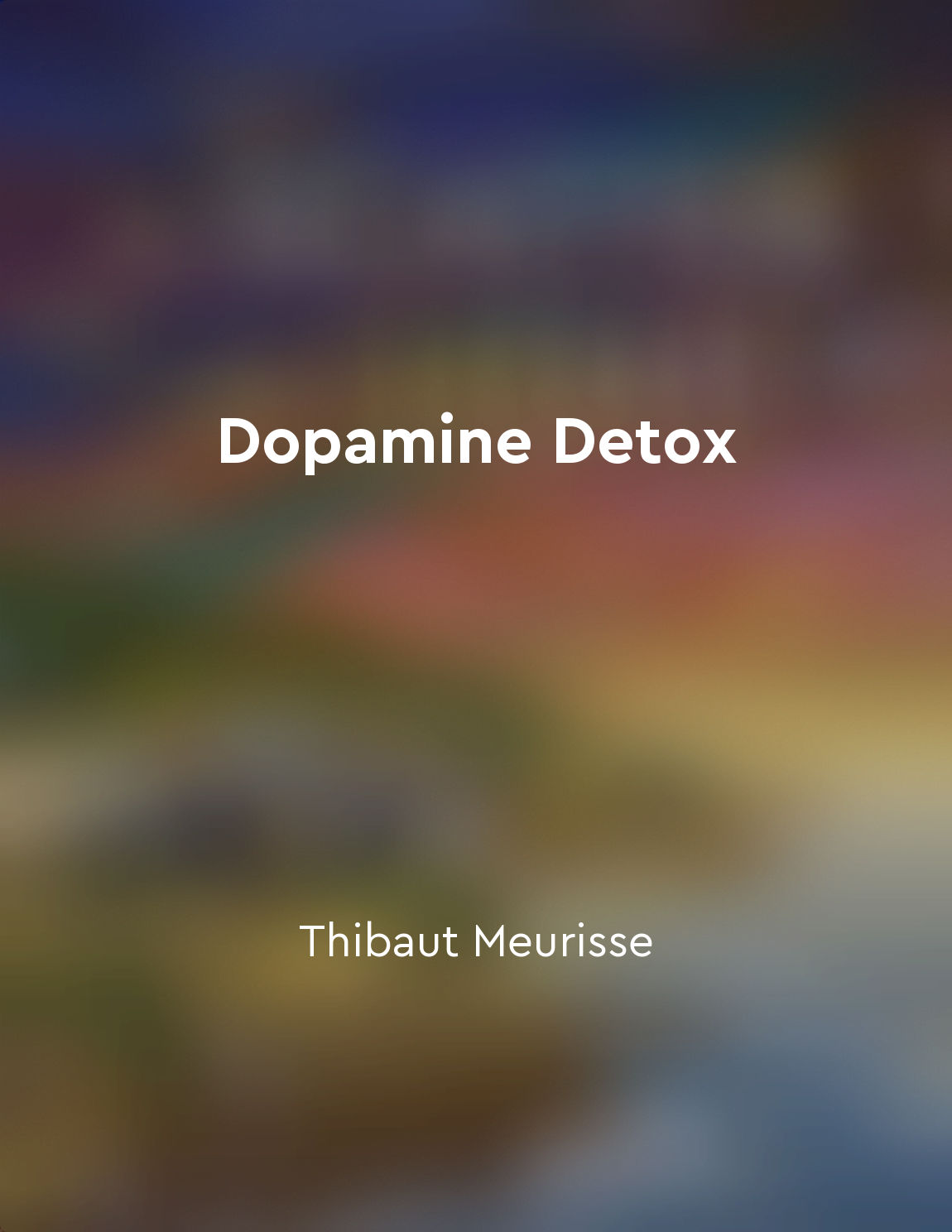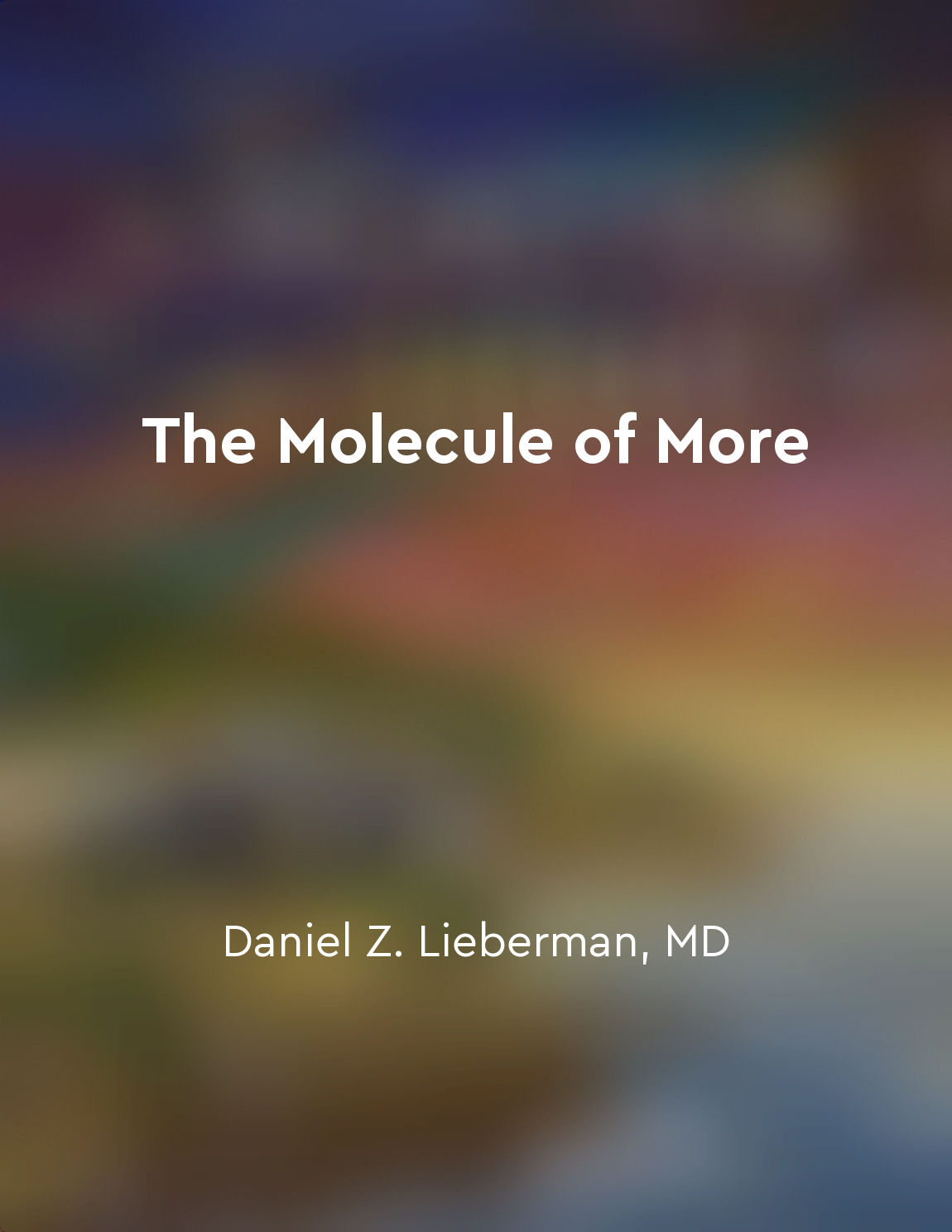Drug use alters the brain's chemistry, leading to addiction from "summary" of Never Enough by Judith Grisel
Drug use alters the brain’s chemistry, leading to addiction. The brain is the most powerful piece of technology we possess, and its primary objective is to keep us alive. It is highly adaptable, constantly changing in response to our experiences. When we introduce drugs into our system, the brain’s chemistry is disrupted, triggering a cascade of events that ultimately lead to addiction. Drugs hijack the brain’s reward system, flooding it with dopamine – the neurotransmitter responsible for pleasure and reward. This surge in dopamine creates an intense feeling of euphoria, reinforcing the behavior of drug use. Over time, the brain adapts to this unnatural level of dopamine by reducing its production, leading to a diminished response to natural rewards. As drug use continues, the brain undergoes neuroadaptations to counteract the overwhelming presence of drugs. Tolerance develops, requiring higher doses of the substance to achieve the same effect. This cycle of escalating drug use further disrupts the brain’s delicate balance, leading to changes in other neurotransmitter systems and brain regions involved in decision-making, impulse control, and stress regulation. Repeated drug use rewires the brain, strengthening the connec...Similar Posts

Intimacy may suffer
When individuals consume pornography, there is a potential for their intimate relationships to be negatively impacted. This is ...

Brain biases influence decisions
Our brains have a remarkable ability to process a vast amount of information and make quick decisions. However, this rapid proc...

Acceptance of personal responsibility
Taking personal responsibility means recognizing that we are the architects of our own lives. It means acknowledging that our c...
Coping mechanisms and treatment options for managing bipolar disorder
Living with bipolar disorder can be challenging, but there are coping mechanisms and treatment options available to help manage...
Personalized strategies are key to sustaining happy habits
To sustain happy habits, it is essential to understand that what works for one person may not work for another. This is because...

Cultivate a growth mindset to view challenges as opportunities for learning and improvement
To cultivate a growth mindset means to adopt a perspective that sees challenges as opportunities for growth and improvement. It...

Our brains are wired for seeking pleasure and avoiding pain
Our brains are designed to constantly seek out pleasure and avoid pain. This fundamental wiring is deeply ingrained in our neur...
Serotonin boosts feelings of pride and status
Serotonin is a brain chemical that promotes feelings of pride and status. It is a natural mood regulator, helping you feel good...
